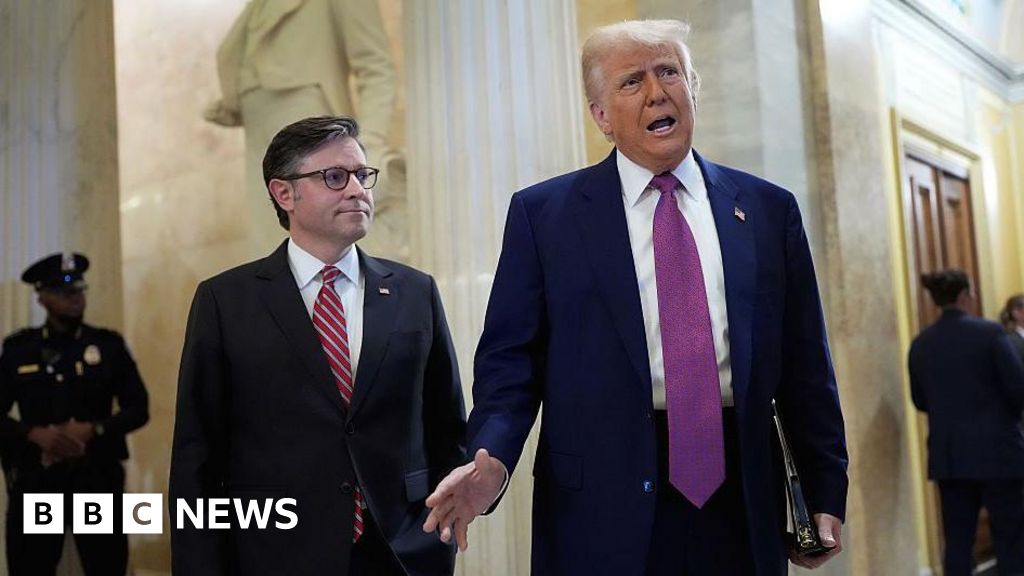African migrants could pay more to send money home under Trump's new US tax bill
On May 22, 2025, the US House of Representatives narrowly passed “The One Big Beautiful Bill,” a comprehensive legislative package, backed by President Donald Trump, that includes a provision imposing a 5% excise tax on remittances sent abroad by non-citizens. The bill, which passed with a 215-214 vote, aims to generate revenue and address immigration concerns by targeting outbound money transfers from non-citizens, including green card holders and individuals on temporary visas.
The proposed tax could have significant implications for African countries, which received over $90 billion in remittances in 2024. Countries like Nigeria, Egypt, and Kenya are among the top recipients, with Nigeria alone receiving $5.7 billion from the US in 2021. Remittances play a crucial role in funding education, healthcare, and small businesses across the continent. Any reduction in these inflows could have broader economic implications.
African fintech startups that facilitate cross-border money transfers, such as LemFi, NALA, Kuda, and Moniepoint, may face operational challenges due to the proposed tax. These companies have been instrumental in providing affordable and efficient remittance services to the African diaspora. For instance, LemFi secured $53 million in Series B funding in January, while NALA raised $40 million last year, highlighting investor confidence in the sector.
The bill’s requirement for money transfer operators to verify the immigration status of senders and apply a tax credit mechanism for US citizens could increase compliance burdens and operational costs for these fintechs. This may lead to higher transaction fees or reduced services for users.
While African governments have not yet issued formal responses, the potential impact on remittance-dependent economies is significant. Stakeholders in the African fintech and remittance sectors are closely monitoring the situation and assessing potential strategies to mitigate the impact of the proposed tax.
The bill is currently awaiting consideration in the US Senate. If passed, it could become law by July 2025.











